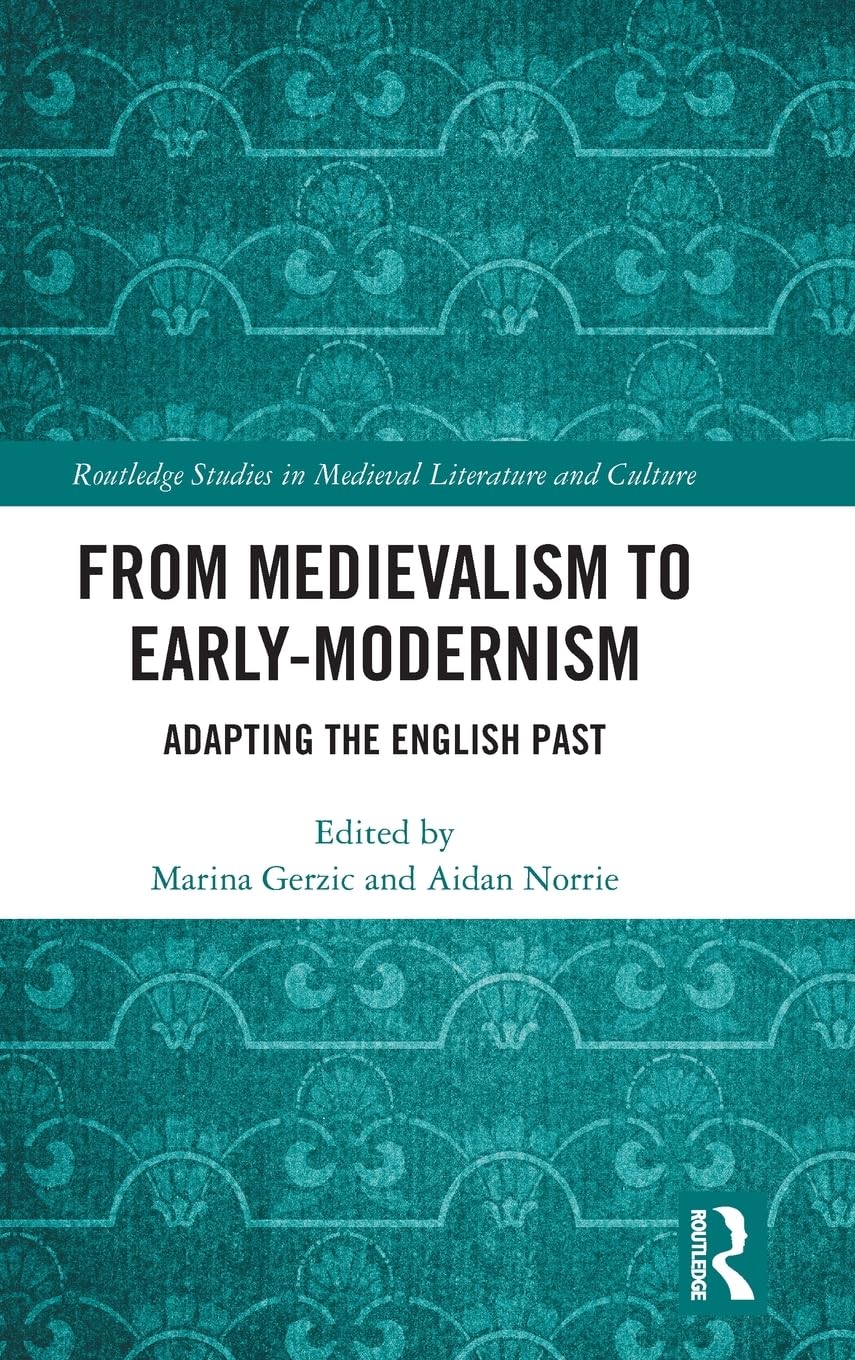From Medievalism to Early-Modernism: Adapting the English Past
From Medievalism to Early-Modernism: Adapting the English Past is backordered and will ship as soon as it is back in stock.
Couldn't load pickup availability
Genuine Products Guarantee
Genuine Products Guarantee
We guarantee 100% genuine products, and if proven otherwise, we will compensate you with 10 times the product's cost.
Delivery and Shipping
Delivery and Shipping
Products are generally ready for dispatch within 1 day and typically reach you in 3 to 5 days.
Book Details
-
Publisher: Routledge
-
Author: Marina Gerzic
-
Language: English
-
Edition: 1
-
ISBN: 9781138366572
-
Pages: 268
-
Cover: Hardcover
-
Dimensions: 9.1 x 6.1 x 0.9 inches
About The Book
From Medievalism to Early-Modernism: Adapting the English Past is a thought-provoking collection of essays that takes a deep dive into the historical and cultural past of both the medieval and early modern periods. This captivating volume not only explores the evolving relationship with these periods but introduces the concept of "early-modernism," a new term coined in this collection, which bridges the gap between the medieval era and its modern interpretations.
Through insightful essays, the book examines how the medieval and early-modern periods continue to resonate in today’s popular culture. It highlights overlooked cultural references, such as allusions to John Webster’s The Duchess of Malfi in J.K. Rowling’s Harry Potter series, and the impact of internet fandoms and intertextual references, such as those found in the BBC’s The Hollow Crown: The Wars of the Roses. These case studies reveal how modern cinematic, televisual, artistic, and literary works reinterpret the past, giving it new meaning for contemporary audiences.
The contributors effectively demonstrate how these adaptations are not only a reflection of present-day concerns but also part of an ongoing tradition of intertextuality and intervisuality, where the past is constantly reimagined. By focusing on the ways in which the medieval and early modern periods are represented and adapted in modern media, this book opens up a rich dialogue about history, culture, and the ever-evolving role of the past in the modern world.





